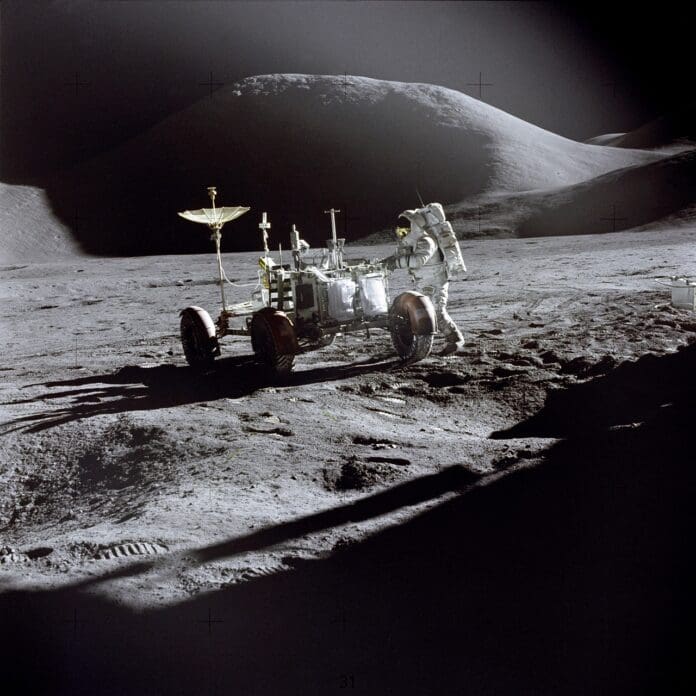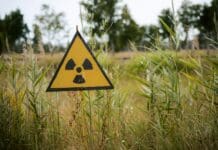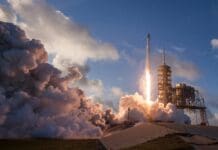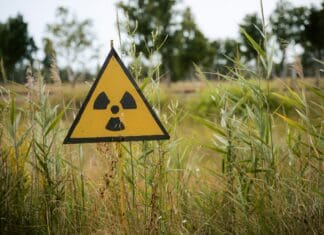This post is also available in:
 עברית (Hebrew)
עברית (Hebrew)
Hyundai Motors is stepping into the space race as one of 13 organizations selected by the South Korean government to develop critical components for lunar rovers. According to Yonhap, the agreement, part of South Korea’s broader strategy to establish a domestic space exploration program, reflects the country’s ambitions to compete on the global stage in lunar exploration, which is becoming increasingly competitive.
The South Korean Ministry of Trade, Industry and Energy has allocated a combined 23 billion won (approximately $16.6 million) for the project, which will see Hyundai and its partners contribute to the development of essential rover components. These include motors, robotic arms, and other key parts capable of operating in the extreme conditions of the Moon, such as frigid temperatures and high radiation levels.
According to Lee Seung-Ryeol, Industry Policy Deputy Minister, South Korea’s strength in industries like automotive, robotics, and information and communications technology (ICT) positions it well to succeed in the space sector. “South Korea has great potential in the space industry,” Lee said, emphasizing that the country is committed to developing its own technologies for key materials and components, not just in space but across defense and aviation industries as well.
The move comes as South Korea seeks to catch up with neighboring countries, China and Japan, both of which have their own well-established space rover programs. China has already landed two rovers on the Moon and one on Mars, with plans to send humans to the Moon by 2030. Japan, in the meantime, is developing the Lunar Cruiser rover for NASA’s Artemis program, a mission that will send astronauts back to the Moon.
By focusing on homegrown technologies for lunar exploration, South Korea is establishing an important role in the next phase of space exploration.


























